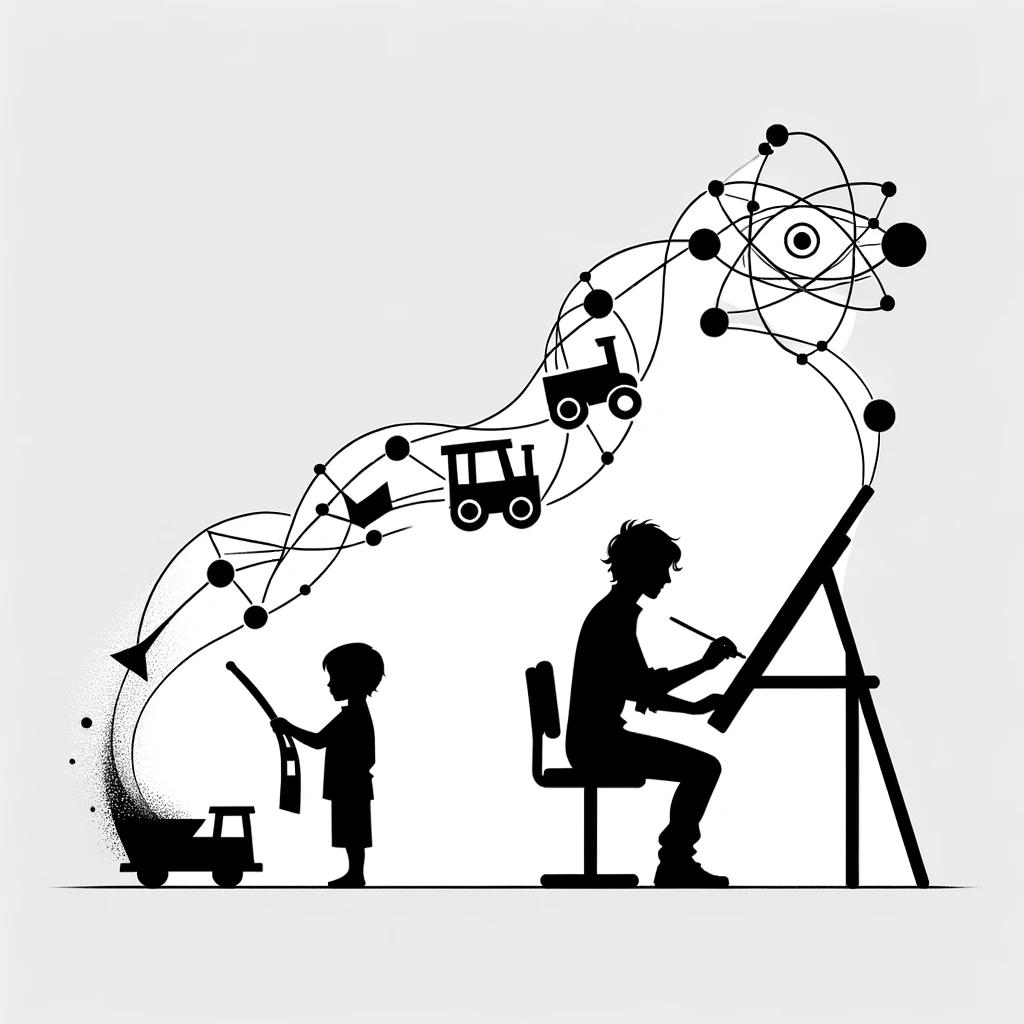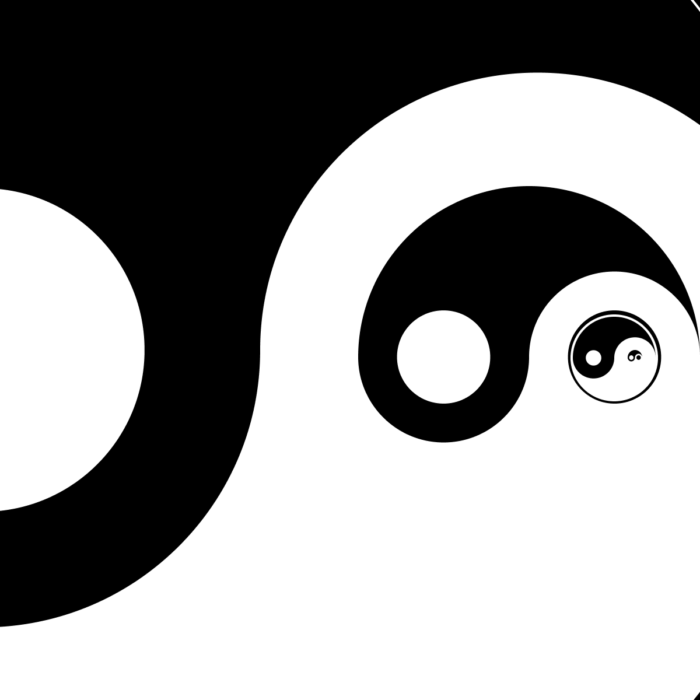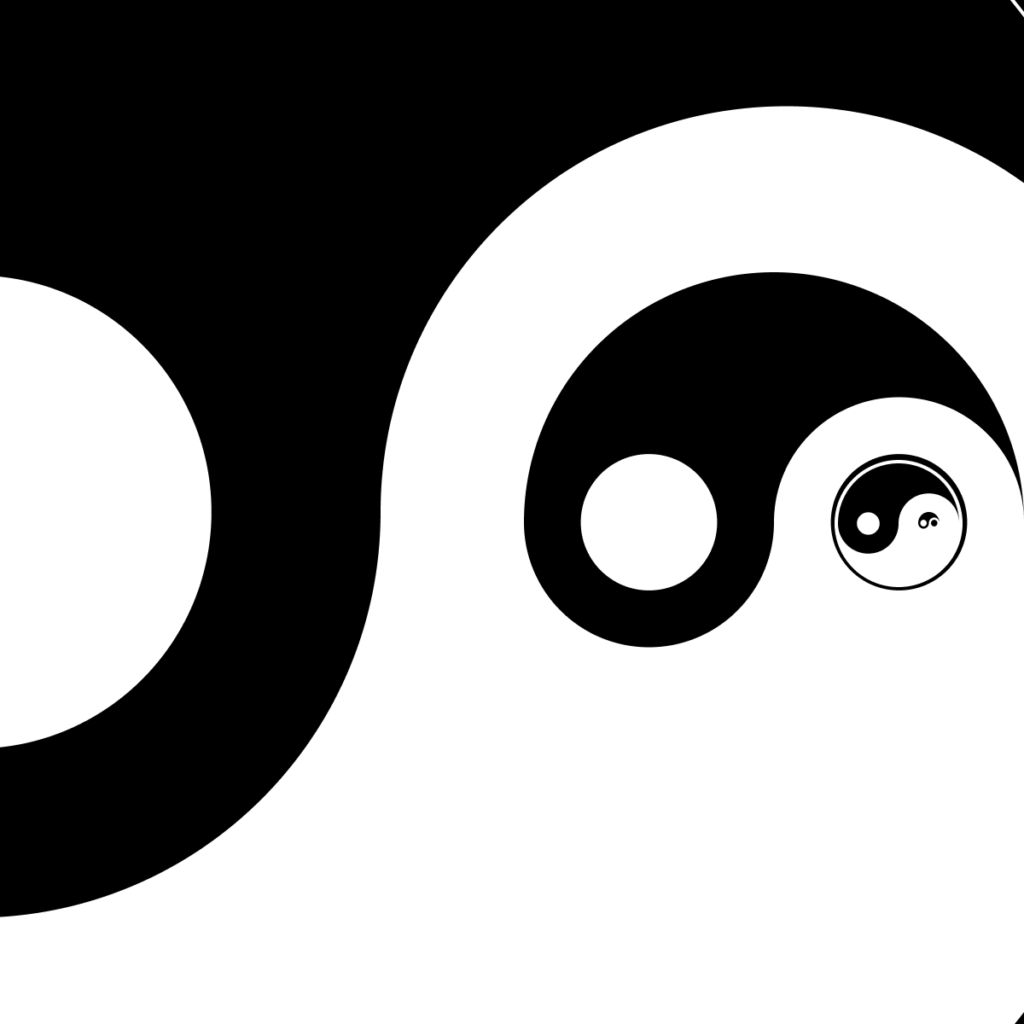From a young age, my fascination with how things worked led me to dismantle every toy that fell into my hands, such as the precious fire truck from my grandmother, much to my father’s dismay. This curiosity laid the foundation for who I have become: a computer science enthusiast and, later, a design expert.
My journey began to take shape when I realized the software I was developing wasn’t meeting user satisfaction. This realization underscored the importance of understanding not just the technical, but also the human aspects of system design. Recognizing that everything is interconnected, I began to see the value of Systems Thinking and Design Thinking as essential frameworks for addressing complex problems.
Systems Thinking offers a lens to view problems and solutions as parts of a larger whole, emphasizing interdependencies within systems. It taught me that usability issues in software were not merely technical but deeply rooted in a failure to consider the user’s experience and needs comprehensively.
Similarly, Design Thinking introduced a process-oriented approach focused on empathy, creativity, and user-centered design, highlighting the importance of iterative testing and problem-solving to create solutions that are technically sound, meaningful, and accessible.
The transition to adopting Systems Thinking and Design Thinking marked a significant shift. It wasn’t just about embracing new methodologies but fundamentally changing how I viewed design and development, ensuring a balance between the abstract beauty of high-level designs and the practical, detailed work required to make them effective.
This new perspective led me to systemic design, which involves mapping environments and concepts to identify components, interactions, and opportunities, enabling me to tackle complex projects with a critical and innovative eye, always prioritizing the user’s needs.
Despite the challenges in communicating these complex concepts, I strive to convey the importance of a thorough approach in designing complex tools. I aim to share this vision in a clear, accessible manner, emphasizing the effectiveness of a balanced, articulated thinking process in developing solutions that efficiently meet user needs. This journey underscores the evolution of my professional and personal growth, from curiosity about the workings of toys to a holistic view of design and development that appreciates both the abstraction’s beauty and the necessity of fine-tuning details.




